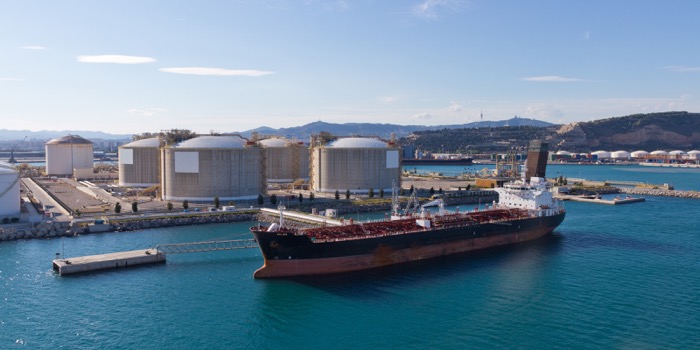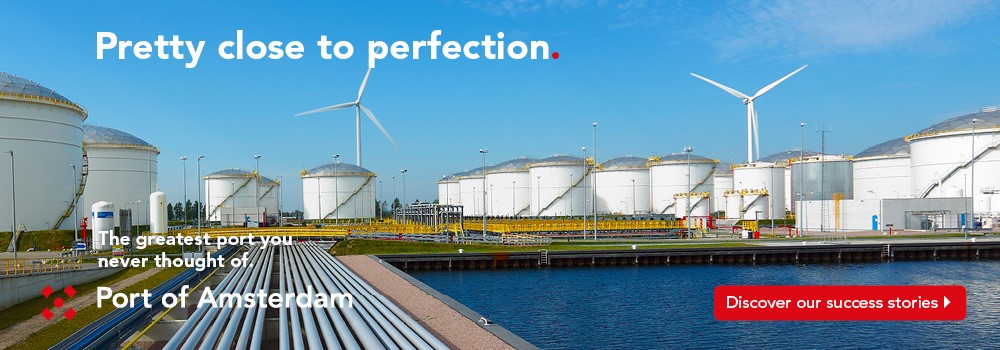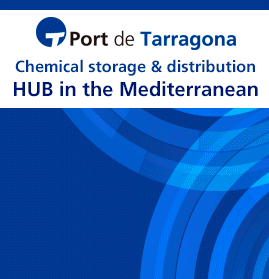IMO 2020: The time to start planning is now
With ship owners, ship managers and operators still coming to terms with the new low sulphur IMO cap there is an urgent need for them to focus on a ship implementation plan before the regulations come into force on January 1, 2020, according to Olivier Baiwir, CEO of Aderco.
The IMO’s Marine Environment Protection Committee (MEPC) will discuss proposals from Norway at their 73rd session in October covering implementation plans for ships to be developed according to an agreed IMO guidance and robust enough to ensure compliance by January 1, 2020. Among the proposals are for vessels to have a log of actions taken that records the first loading of compliant fuel, the fuel tank cleaning process and assessments of the new fuels on engines and machinery.

Olivier believes the issues of scrubbers and blended fuels have caused many in the maritime sector to focus their attention away from physical preparations for the 2020 cap.
“There is no time for ship owners, ship managers and operators to lose in getting their vessels ready for the IMO sulphur cap. The regulations come into force in little over 12 months but there have to be preparations well in advance of this to ensure compliance. We have been telling our customers that tank cleaning ideally needs to start no later than June 2019 to ensure they do not fall foul of the new regulations. This is the most pressing task before any new fuel blends can be introduced into their tanks and using a fuel treatment is the easiest, most cost effective and assured way of keeping a ship at sea and completing this vital task.”
The proposals from Norway to be discussed in October also raise concerns with the threat of extra and detailed Port State Control inspections covering compliance with the new cap. Norway has now suggested that written ship implementation plans demonstrating preparations would help to create effective inspections in a transitional period. The suggestion here is that vessels without such plans could be subjected to more detailed inspections to verify compliance. Olivier says owners and operators can dramatically reduce their preparation times, reduce their chances of falling foul of PSC and keep ships at sea without recourse to scrubbers by using a fuel treatment.
“The big issue with scrubbers is the time and expense in docking the ship, having a retro-fitted scrubber costing millions of dollars and being off-hire for weeks for this work. Our Aderco 2055G fuel treatment will flush out tanks and protect maritime diesel engines from cat fine issues, contamination, sludge development and corrosion. With this sort of protection as part of a process that also flushes out the tanks in preparation for the cap, it makes sense to see it as the best solution for ships not wanting to use scrubbers. The issues of engine damage to vessels caused by contaminated fuel from Houston and Singapore this summer highlights just how important this preparation process is to long-term viability. There is no guarantee as the cap kicks in that bunkered fuel blends will be perfect and in those cases it will be a fuel treatment that will protect engines and ensure no ships are stranded at sea.”
Industry experts suggest that some bunker suppliers may need a whole year to make changes in the supply chain to provide compliant fuels and this will further increase the pressure on ship owners according to Olivier.
We have been talking in detail to our customers and advising them on 2020 implementation plans and how to carefully and methodically prepare their tanks and engines ready for the new fuels. There will be increased monitoring of ships, and increase in inspections and probably cases of non-compliance in the short-term simply because of the fuel on offer. With the right plan and the right fuel treatment this can be resolved with a planned approach that keeps vessels operating and generating income.
“There will undoubtedly be cases of a lack of compliant fuels in the early part of 2020 depending on bunkering and locations. If owners have cleaned their tanks with a fuel treatment and protected the engine, then they are in a better position to cope with the issues of potential damage from contaminated fuel. Whatever method they choose, it is vital they start work on a ship implementation plan now and choose the right fuel treatment solution to start cleaning those tanks.”
For more information visit: www.aderco.com
8th October 2018


















